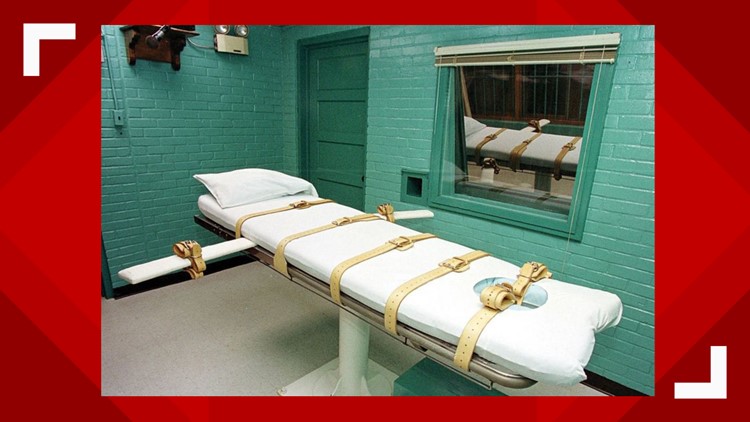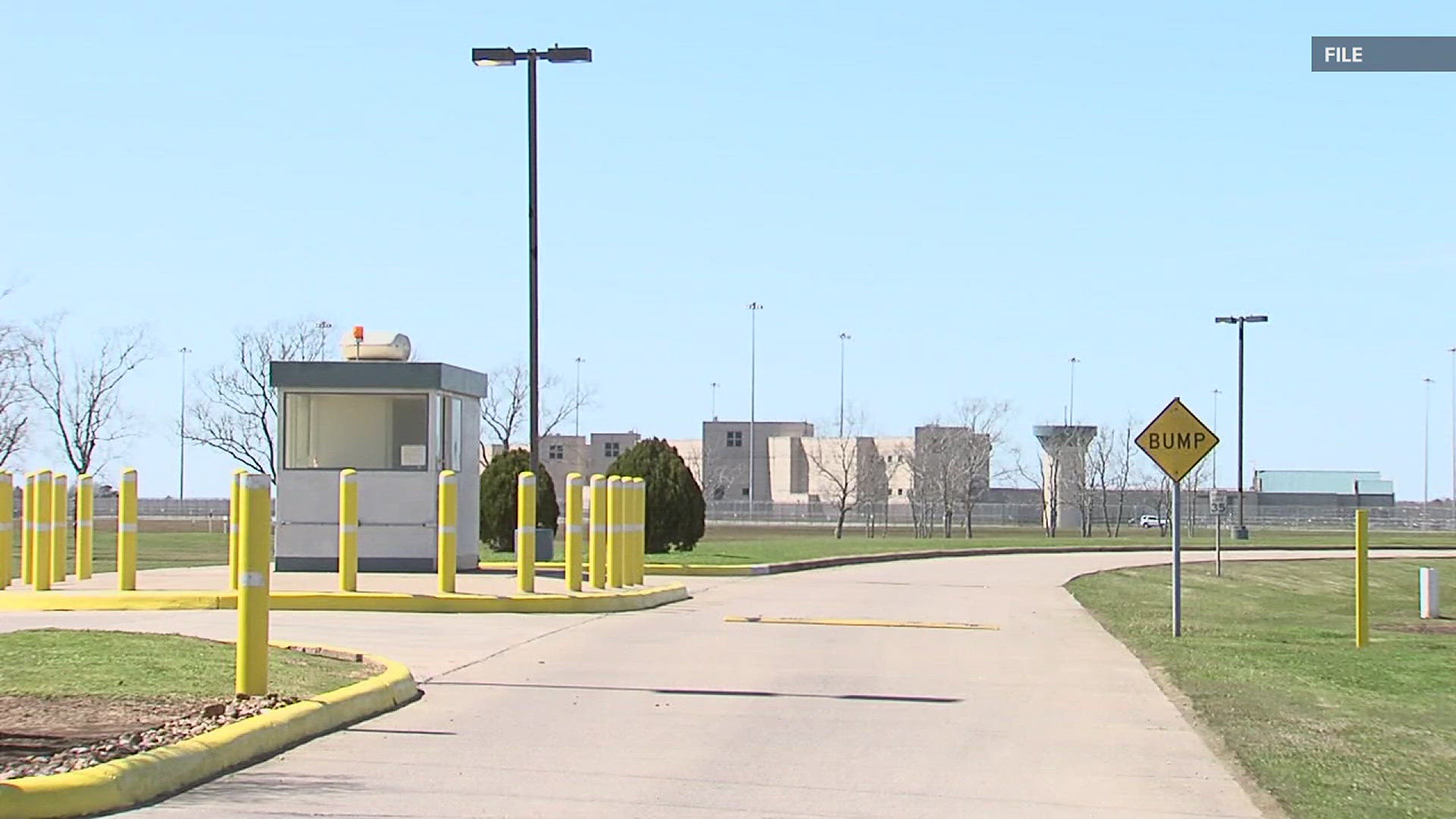AUSTIN, Texas — The state of Texas has banned all prison chaplains from its execution chamber, days after the U.S. Supreme Court ruled that the state was violating an inmate's rights by not allowing a Buddhist chaplain into the death chamber with him.
The high court last week halted the execution of Patrick Murphy, a member of the infamous "Texas Seven," because he wasn't given access to a Buddhist chaplain. The state only allows prison employees in the death chamber, and only Christian and Muslim clerics are employed with the state. The court declared that exclusion was religious discrimination and essentially gave the state two options: don't allow any chaplains into the execution cambers, or allow chaplains of all religions.
Texas has chosen the former option. New execution procedures signed Tuesday say that chaplains and ministers may "observe the execution only from the witness rooms."
A spokesman for the Texas Department of Criminal Justice said the change is effective immediately.
"TDCJ Chaplain(s) will continue to be available to an offender until they are transferred to the execution chamber. The chaplain will also be present in the viewing room if requested," said the spokesman, Jeremy Desel.
Murphy, 57, is one of seven in a group of escaped prisoners who committed multiple robberies and killed a police officer in 2000 during more than a month on the run. Murphy didn't pull the trigger on the shooting of the officer, but he later admitted used a two-way radio to warn the others to flee the scene of a robbery when he heard that police were on their way. And as 31-year-old Officer Aubrey Hawkins neared the other robbers, Murphy left the scene on the instruction of the group’s leader. Murphy later learned that Hawkins had been shot.
Murphy is criminally culpable for the murder under Texas' law of parties, under which accomplices and triggermen are treated alike.
About a month before he was scheduled to die, Murphy's lawyers requested that the Texas Department of Criminal Justice allow his Buddhist spiritual adviser into the execution chamber with him, but TDCJ declined. When a follow-up request was sent for any Buddhist adviser to be allowed into the room, the department didn't respond. In the days before his execution, the lawyers then took the issue to the courts, claiming the policy violated his rights.
The high court's decision to block the Texas execution came just weeks after it decided differently in a similar death row appeal out of Alabama. Domineque Ray, the Alabama inmate, appealed to stop his execution after he was told he could not have a Muslim spiritual adviser in the chamber with him. The high court rejected his appeal, citing the late timing of his filing, and he was executed in February
In his March opinion in the Texas case, Supreme Court Justice Brett Kavanaugh suggested the timing of Murphy's appeal had been acceptable.
"As this Court has repeatedly held, governmental discrimination against religion — in particular, discrimination against religious persons, religious organizations, and religious speech — violates the Constitution," Kavanaugh wrote in the Texas case.
Emma Platoff contributed to this report.
The Texas Tribune is a nonprofit, nonpartisan media organization that informs Texans — and engages with them — about public policy, politics, government and statewide issues.



